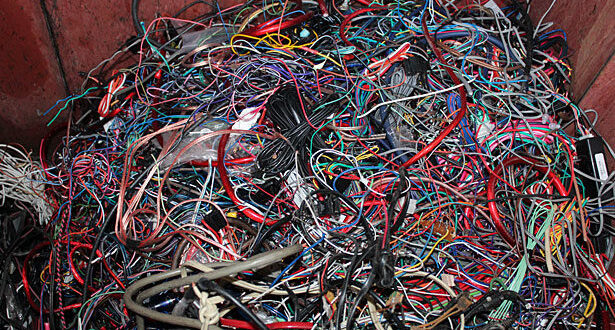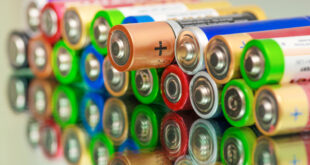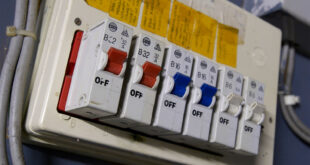Are you in the process of replacing, disposing, or recycling old electrical wiring and need help figuring out where to start? With growing concern over environmental impact and resources, knowing how to dispose of your electrical wiring properly can be complex. While it may seem impossible, just a few steps will help ensure your disposal is done correctly.
This blog post contains all you need to understand about correctly disposing and recycling your old electrical wiring safely, including what materials can be recycled, where these products should go, and which options are available for proper disposal.
Understanding The Basics Of Electrical Wiring Disposal
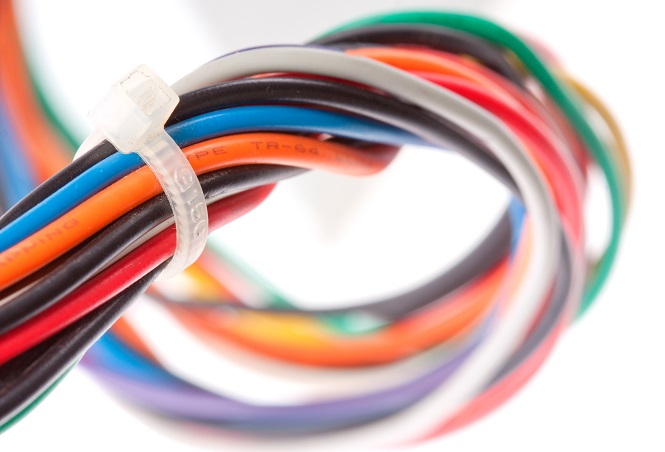
Electrical wire recycling disposal can be an intimidating and confusing topic for many homeowners. However, by understanding the basics, you can save yourself from costly mistakes and ensure the safety of your business or home.
The first step is to identify the type of wiring you have correctly. If it is knob and tube or aluminum wiring, it is recommended that you hire a licensed electrician to handle the disposal. You can cut and remove copper wiring but turn off the power first and use appropriate safety gear.
Additionally, check with your local waste management companies to see if they have any regulations or guidelines for disposing of electrical wiring. Remember, taking the time to dispose of your old wiring properly can save you from potential hazards and ensure the longevity of your electrical system.
Common Types of Cable Scrap
Communications cable, housewife, THHN, and firewire are all examples of cable scrap commonly found in homes and businesses. These types of cable scrap are often discarded after projects are completed or when upgrading technology.
Communications cable, for example, is used to transmit data and is often found in offices and homes. House wire is typically used for electrical wiring, while THHN is commonly used for indoor wiring applications.
On the other hand, firewire is often used in high-speed data transfer between devices. While these types of cable scrap may no longer be valid for their intended purposes, they can still have value in recycling and repurposing.
Sources of Scrap Cable
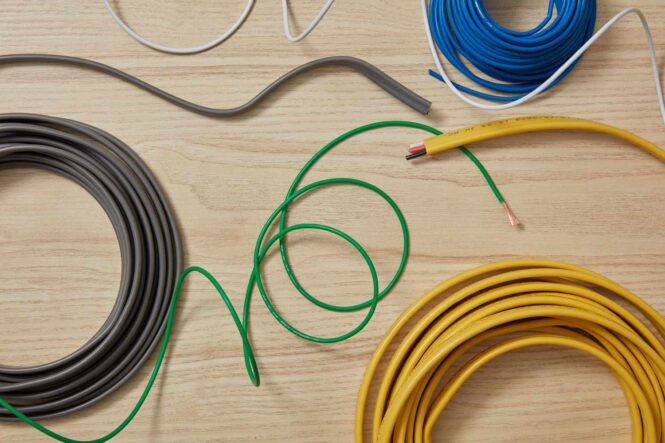
Cable scraps are a common byproduct of many industries that rely on cables, including construction, renovations, remodeling, demolition, network engineering, IT services, electrical technicians, contractors, and telecommunications.
Contractors and construction workers are often tasked with installing and removing cables as part of their daily routines. When these cables are no longer needed, they become cable scraps, which can be collected and recycled for their copper or aluminum content.
Similarly, network engineers, IT service providers, and telecommunications companies may have excess cables or older cables that need to be replaced, resulting in cable scrap. Electrical technicians may also generate cable scrap when they repair or replace the wiring.
Scrap Cable Price
When calculating the price of scrap cable, there are a few key factors to consider. The first is the current state of the scrap market, which can fluctuate depending on various economic factors.
Additionally, the cable type in question can significantly impact its value, with some varieties commanding a higher price than others. Finally, the line’s condition plays a role in determining its worth, with damaged or heavily corroded pipes typically fetching a lower price than those in good need.
By considering all these factors, sellers can better understand the value of their scrap cable and make informed decisions about maximizing their profit when selling it.
Recycling Centers
Have you ever wondered what to do with old or damaged electrical wiring? The good news is that you don’t have to throw it away in the trash. Recycling centers in your area accept electrical wiring to dispose of it safely.
Recycling centers help reduce landfill space and prevent toxic chemicals from contaminating our soil and water. By taking the time to dispose of electrical wiring properly, you’ll contribute to a more sustainable environment.
So, please check with your local recycling centers today and do your part to help save our planet.
Gathering All The Necessary Tools
When embarking on any electrical wire recycling project involving tools, you must ensure you have all the equipment to keep yourself safe. Protective gloves, safety goggles, and wire cutters are just a few items you may need depending on the task.
Wire cutters are great for when you need to manipulate, cut, or strip wires. Gloves will keep your hands from getting cuts, scrapes, or exposure to chemicals, while goggles prevent any debris, sparks, or dust from getting into your eyes.
Always take the time to gather and utilize the appropriate tool, no matter how small the job may be, so you can finish the project efficiently and safely.
Separate Any Electrical Wire Recycling
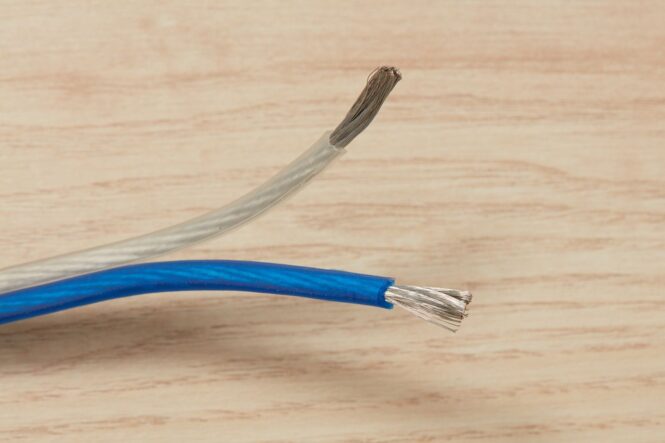
Electrical wire recycling is an important step that we all, as responsible citizens, should take before getting rid of any old electronics. Many people are unaware of the toxicity of some materials used in electronics manufacturing, including wires, which can harm the environment if not disposed of properly.
That is why separating electrical wire recycling before disposing of them in dedicated bins is crucial. This ensures that the wires are recycled correctly and that their precious metals, such as copper and aluminum, can be reclaimed for future use.
Not only is recycling wires good for the environment, but it can also reduce the need to mine for new raw materials, making it a sustainable practice. Let’s all do our part and take the extra step to ensure that our electronics and wires are disposed of appropriately.
How To Properly Dispose Of Your Electrical Wiring Recycling – In Conclusion
This blog post taught us the best ways to dispose of electrical wiring recycling safely and adequately. Electrical wires are made of non-biodegradable materials, which means they extract vast amounts of energy and resources during their production, leading to a significant amount of waste after use.
The good news is that there are specific practices, such as reuse and recycling services, that businesses can consider reducing their environmental footprint and promoting sustainability. Hiring an electrical wire recycling service offers many benefits for businesses, such as saving them money on utility bills and increasing efficiency by clearing old wires from buildings.
Our civic duty is to dispose of our e-waste responsibly; this protects us from future damages due to improper disposal and ensures a better future for future generations. So, why hesitate? Do your part today and hire a professional recycling company to dispose of your electrical wiring properly.
 Imagup General Magazine 2024
Imagup General Magazine 2024
